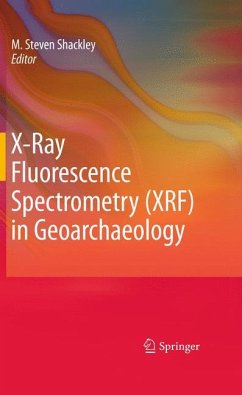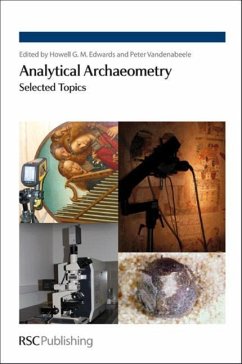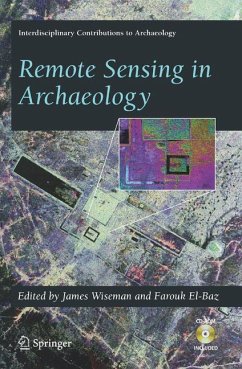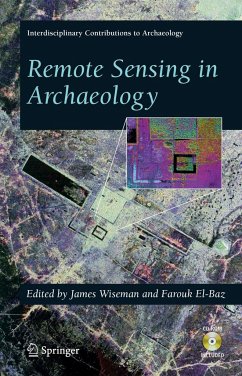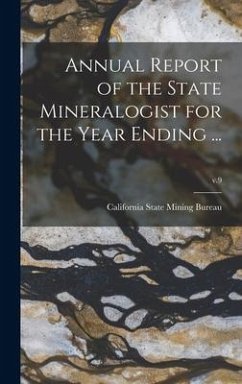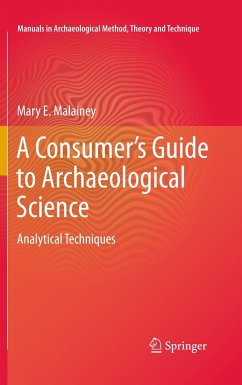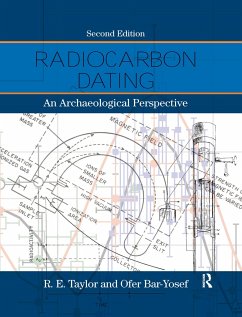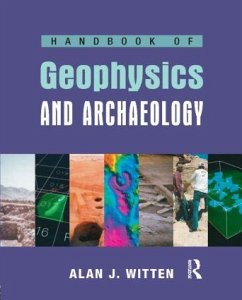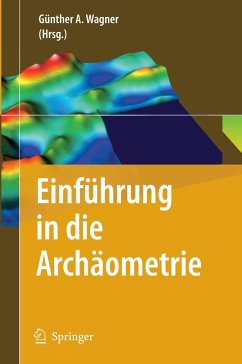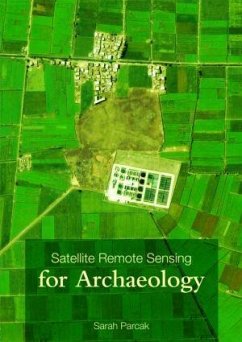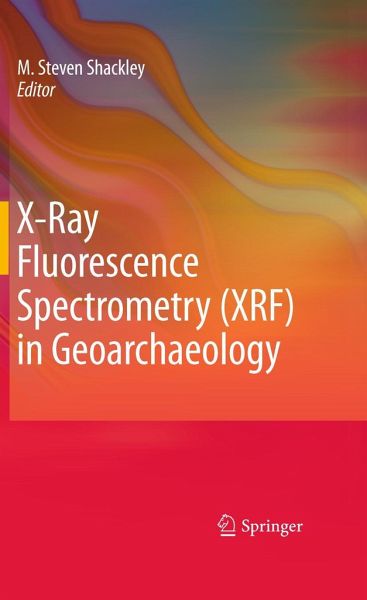
X-Ray Fluorescence Spectrometry (XRF) in Geoarchaeology
Versandkostenfrei!
Versandfertig in 6-10 Tagen
42,99 €
inkl. MwSt.

PAYBACK Punkte
21 °P sammeln!
Since the 1960s, x-ray fluorescence spectrometry (XRF), both wavelength and energy-dispersive have served as the workhorse for non-destructive and destructive analyses of archaeological materials. Recently eclipsed by other instrumentation such as LA-ICP-MS, XRF remains the mainstay of non-destructive chemical analyses in archaeology, particularly for volcanic rocks, and most particularly for obsidian. In a world where heritage and repatriation issues drive archaeological method and theory, XRF remains an important tool for understanding the human past, and will remain so for decades to come.C...
Since the 1960s, x-ray fluorescence spectrometry (XRF), both wavelength and energy-dispersive have served as the workhorse for non-destructive and destructive analyses of archaeological materials. Recently eclipsed by other instrumentation such as LA-ICP-MS, XRF remains the mainstay of non-destructive chemical analyses in archaeology, particularly for volcanic rocks, and most particularly for obsidian. In a world where heritage and repatriation issues drive archaeological method and theory, XRF remains an important tool for understanding the human past, and will remain so for decades to come.
Currently, there is no comprehensive book in XRF applications in archaeology at a time when the applications of portable XRF and desktop XRF instrumentation are exploding particularly in anthropology and archaeology departments worldwide.
The contributors to this volume are the experts in the field, and most are at the forefront of the newest applications of XRF to archaeological problems. It covers all relevant aspects of the field for those using the newest XRF technologies to deal with very current issues in archaeology.
Currently, there is no comprehensive book in XRF applications in archaeology at a time when the applications of portable XRF and desktop XRF instrumentation are exploding particularly in anthropology and archaeology departments worldwide.
The contributors to this volume are the experts in the field, and most are at the forefront of the newest applications of XRF to archaeological problems. It covers all relevant aspects of the field for those using the newest XRF technologies to deal with very current issues in archaeology.





